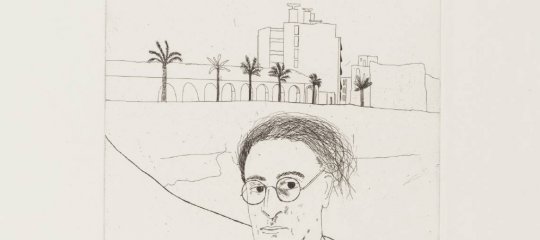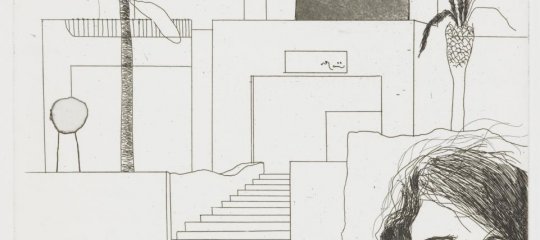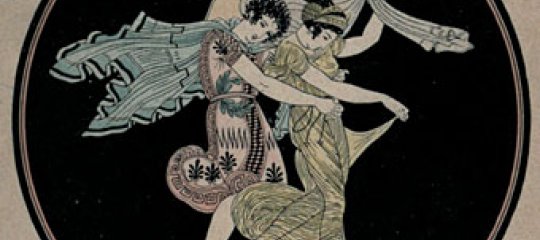Conference: LANGUAGE, LITERATURE, VALUES
Tamara Pahnoglou
Dear Colleagues,
On behalf of the LLV Organising Committee, it is our pleasure to send you the first Call for Papers containing information on the forthcoming multidisciplinary conference Language, Literature, Values, organized by the English Department of the Faculty of Philosophy in Niš, which will be held on April 27th and 28th, 2012.
For more details, please consult the attached .doc file. Feel free to ask any further questions using the provided e-mail address.
Best regards,
LLV 2012 Organizing Committee
University of Niš
Faculty of Philosophy
English Department
first call for papers
LANGUAGE, LITERATURE, VALUES
Conference
On behalf of the LLV Organising Committee, it is our pleasure to send you the first Call for Papers containing information on the forthcoming multidisciplinary conference Language, Literature, Values, organized by the English Department of the Faculty of Philosophy in Niš, which will be held on April 27th and 28th, 2012.
A cynic knows the price of everything, and the value of nothing, declares a character from a play by Oscar Wilde. On the other hand, dangerous consequences of the absence of values are succinctly stated in the adage ‘those who stand for nothing will fall for anything’.
In the cynical times of liberal capitalism, when personal and national identities undergo numerous changes due to globalization and global/local politics – which were some of the themes explored in our previous conferences – a conference focused on values seems wholly appropriate, not only because it unifies all the previous themes, emerging logically from them, but also because now is an ideal moment for the critical examination of what we stand for, as individuals, nations and, in the widest sense, citizens of the world.
The idea behind the conference is to examine the construction, dissemination, deconstruction and/or questioning of personal, cultural, national, linguistic, aesthetic, ethical and family values from the perspectives of linguistic and literary studies. Papers could also deal with values in the sense of functional, formal, normative and stylogenic parameters in language and literature, as well as the multidisciplinary study of the relationship between language, literature and values.
Conference languages are English and Serbian.
If you would like to participate, please fill in the application form attached to this Call and submit it no later than January 15th, 2012 to the following address:
Conference fee is 30 EUR.
We are looking forward to welcoming you in Nis!
Best regards,
LLV Organising Committee
- Συνέδρια /










